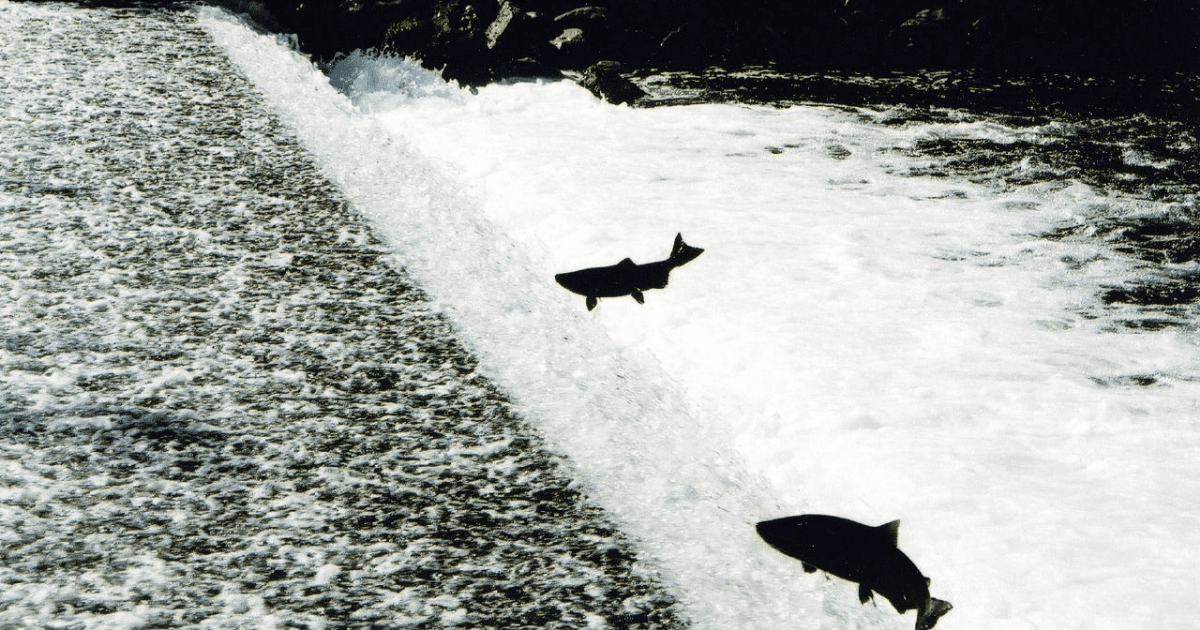A Victory for Clean Water
We are thrilled to announce that we experienced a major litigation victory on the evening of Thursday, October 21, 2021. The District Court for the Northern District of California ruled in our (fishing and recreation advocates) favor and vacated a Trump-era 401 rule. This rule will no longer be in effect while the EPA goes through a rulemaking to fix it. The 401 rule would have upset 50 years of cooperative federalism that is extremely central to the Clean Water Act and it would have dramatically restricted the ability of states and tribes to impose water quality protections on rivers within their jurisdiction. Back in July of 2020, we reported to our members about a federal complaint that we issued along with our partners challenging the Environmental Protection Agency’s final rule. With the help of your voices and those of many more, we are excited to see this outcome.
More information is below in the official press release:
Fishing, recreation advocates topple critical Trump-era Clean Water Act federal power grab
SAN FRANCISCO—Late last night, fishing and recreation advocates won a significant victory for clean water when a federal district court threw out (vacated) a critical Trump Clean Water Act rule. Today’s order from the U.S. District Court for the Northern District of California restores state and Tribal authority to ensure federally permitted activities in rivers and lakes comply fully with state and tribal law. The Biden administration had planned to revise the rule to an unknown degree through a years-long public process. This court decision erases the Trump rule completely and immediately.
The Trump-era rule implementing section 401 of the Clean Water Act allowed federal agencies to approve large projects against state and Tribal wishes, including fossil fuel pipelines, hydropower, industrial plants, wetland development, and municipal facilities. Today’s order from Judge William H. Alsup restores the broad authority of states and Tribes to halt such projects, and alternatively to impose conditions on them, and restores opportunities for robust public participation in permit decisions.
“The Trump administration took an industry wish list and ran with it, trampling over state and Tribal authority and public rights to clean water in the process,” said Sangye Ince-Johannsen, attorney at the Western Environmental Law Center. “We feel vindicated by this win today. The court’s order immediately restores an essential clean water safeguard—and the careful balance of state and federal power to protect clean water—that Congress intended when it wrote the Clean Water Act.”
“The Trump administration’s unlawful 401 rules abandoned the Clean Water Act’s commitment to provide a voice for states and communities to protect and manage their rivers and streams, allowing potentially harmful projects to escape critical local review,” said Jennifer Marshall, general counsel for American Rivers. “We’re proud to have played a role in protecting the rights of states and Tribes to defend clean water safeguards.”
“The rule changes would have devastated California’s ability to manage its rivers,” said Redgie Collins, legal and policy director at California Trout. “We are relieved hydroelectric projects must still comply with local and state rules to provide flowing water and protect fish.”
The Trump administration’s rule change is distinct from its rollbacks to the Waters of the United States (WOTUS) Rule, which excluded many waterbodies across the country from the Clean Water Act’s safeguards, and was also recently invalidated by a federal court. Together these two court decisions restore both (1) the Clean Water Act’s broad application to waters across the nation, and (2) state and Tribal authority to ensure their standards and laws apply to those waters.
“We are thrilled to have defended the Clean Water Act from an attack that would have undermined the public’s ability to protect rivers and communities from harms to the environment and recreation opportunity at hydropower dams and other federally-licensed energy projects” said Bob Nasdor, American Whitewater legal director. “This victory restores our access to information, time for review, and ability of the states to protect water quality that we’ve counted on for the past 50 years to ensure our rivers are safe, healthy, and accessible.”
“Today’s victory is not just a win for clean water, it also restores important, basic rights of democracy to participate in public review for permitting,” said Nic Nelson of Idaho Rivers United. “Importantly, this ruling also represents an inverse from the previous administration’s attempt to subvert states’ rights and Tribal authority and oversight.”
Photos for media use available here.
Contacts:
Sangye Ince-Johannsen, Western Environmental Law Center, 541-778-6626, sangyeij@westernlaw.org
Amy Souers Kober, American Rivers, 503-708-1145, akober@americanrivers.org
Bob Nasdor, American Whitewater, 617-584-4566, bob@americanwhitewater.org
Nic Nelson, Idaho Rivers United, 208-596-0395, nic@idahorivers.org
Walter “Redgie” Collins, California Trout, 415-748-8755, rcollins@caltrout.org





